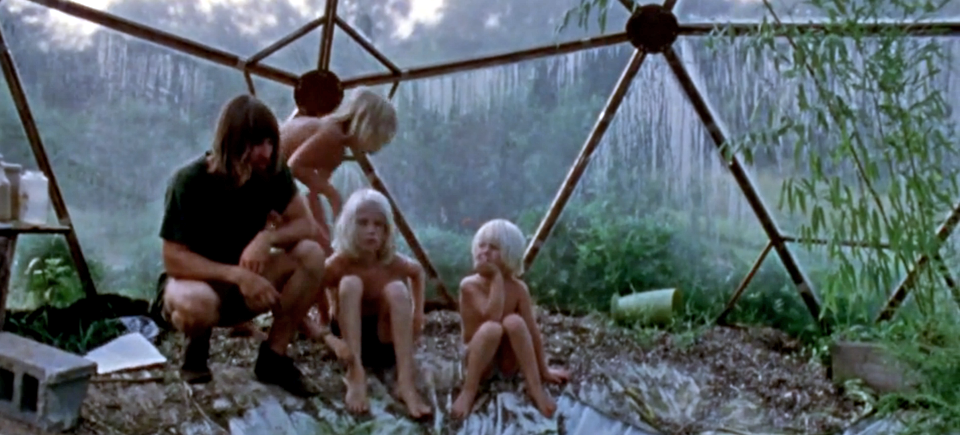
The New Alchemists: Growing Food Without Fuel or Toxins
The New Alchemists: Growing Food Without Fuel or Toxins
These days, organic foods, green building, solar-powered homes and electric cars are becoming more and more mainstream, but who can really afford them?
Many people, regardless of status or income, may dream of “going green,” but is this the prerogative of the rich?
Not at all, concluded The New Alchemists, a group of visionary researchers who began investigating this proposition in depth at the end of the 1960s.
On a 12-acre former dairy farm on Cape Cod, Massachusetts, they proved that with access to land, sun, wind, water, one can successfully grow food – and healthy food at that – using sustainable methods that don’t rely on expensive machinery or technology, fossil fuels or chemical toxins. How empowering.
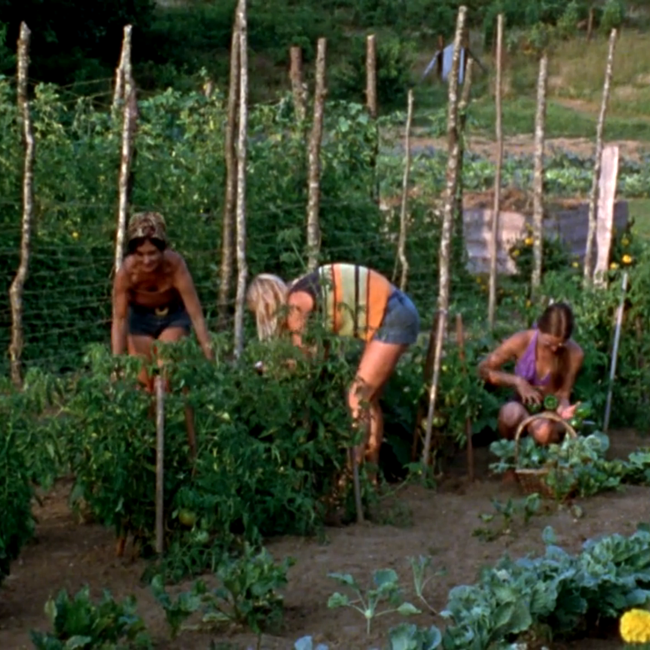
Dorothy Todd Hénaut’s short summery doc The New Alchemists (1973), produced as part of the NFB’s Challenge for Change program, introduces us to this fascinating crew and their revolutionary methods.
The adventure began when John Todd, an eminent Ontario-born biologist and Bill McLarney, an expert on aquaculture, along with Todd’s wife Nancy Jack Todd, funded The New Alchemy Institute in 1969.
Their goal? To research how humans obtain food, water, and shelter and to completely rethink how these systems were designed.
For decades, they did just that, publishing their findings as they went in the beautifully illustrated and highly readable New Alchemy Journal.
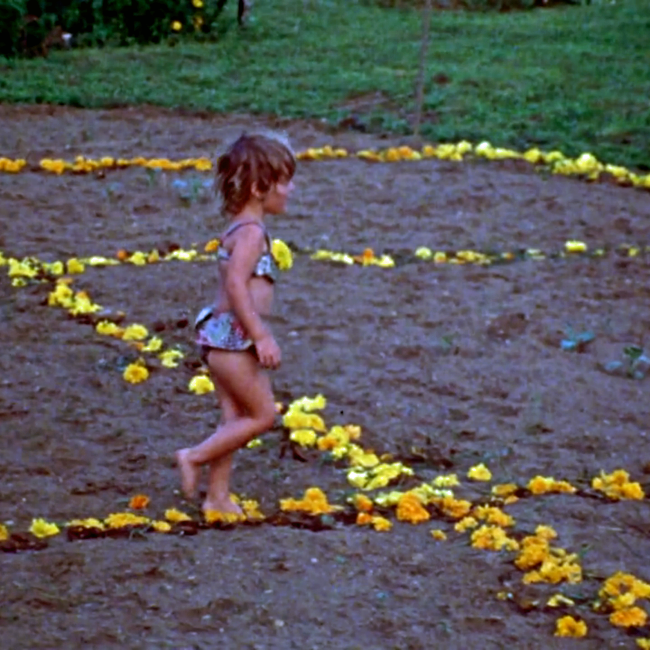
What they found, perhaps unsurprisingly, is that nature knows best.
One of the main lessons learned from nature is that there is no “waste.” The byproduct of one system is always used as input by one or more other systems, in an endless chain or cycle. This notion is visible everywhere at the Cape Cod farm.
As the female narrator explains, in her incredible nonchalant drawl:
Here, the energy from the wind runs the windmill, that pumps the water, that waters the garden, that grows the carrots, that feed the rabbits, that fertilize the earthworms, that feed the fish, along with the carrot tops, and the carrots, rabbits and fish feed the people.
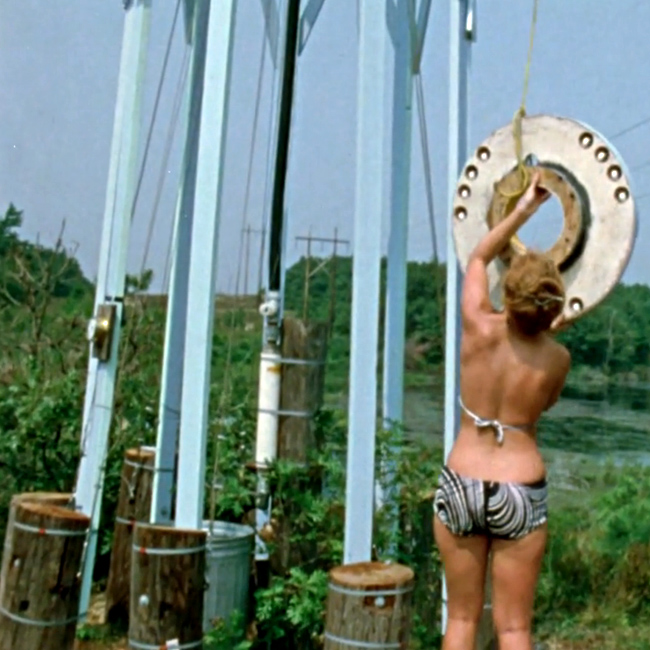
The film, beautifully shot by Martin Duckworth, shows all this and more.
Even if much of the work is conducted smiling, the odd can of beer in hand, these new Alchemists are scientists first, and the land is their lab.
We see three different models of DIY windmills, one made out of a bike wheel. We see experiments in which kinds of cabbage resist pests best without any type of human intervention. We see various types of ponds for growing fish, including one covered by a geodesic dome. Experiment!, they say. Stop trusting the experts and conduct your own experiments! See what you find out, and share with others.
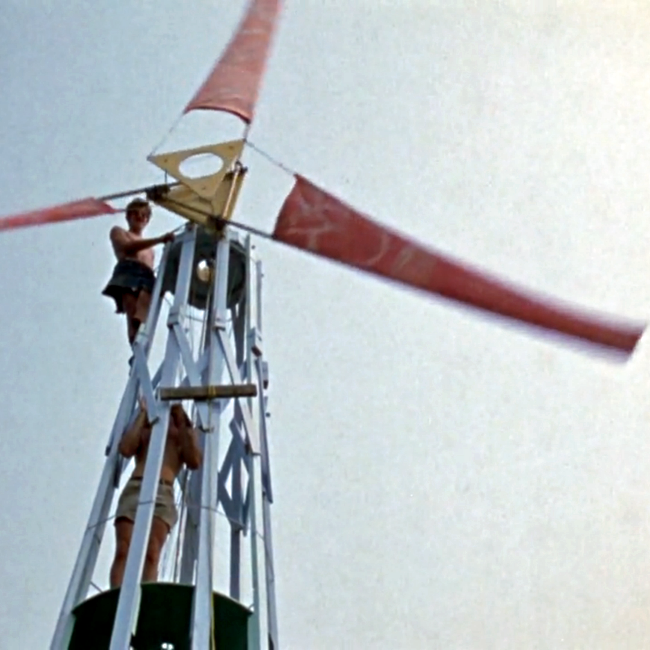
Even in the day, the work of the New Alchemists sparked curiosity. At the end of the film, huddled around the picnic table to dig into the freshly grilled tilapia, is John Hess, journalist and food critic at the New York Times, who has come to check out the farm and taste what it has to offer. He declares the fish – the first that anyone around the table has tried – “not bad.”
No one is saying we all need to grow our own cucumbers or learn how to harness the power of the wind, but it is good to know that if push comes to shove, you could actually feed your family and friends with not much more than a small plot of, land and a few notions and techniques gleaned from our Alchemists friends.
You know, for when the oil runs out.
The New Alchemists, Dorothy Todd Henaut, provided by the National Film Board of Canada
Craving more on the subject of sustainable living? Check out
Dorothy Todd Hénaut’s 1978 short documentary Sun, Wind and Wood.
Sun, Wind and Wood, Dorothy Todd Henaut, provided by the National Film Board of Canada
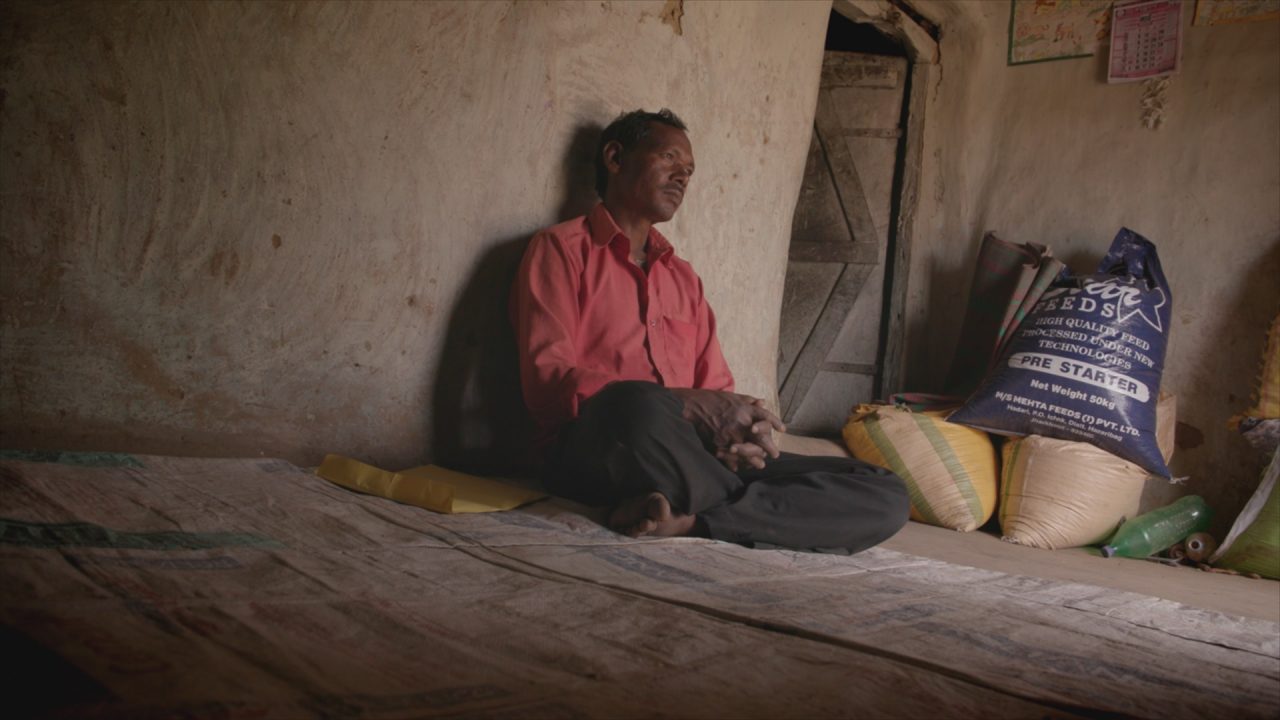
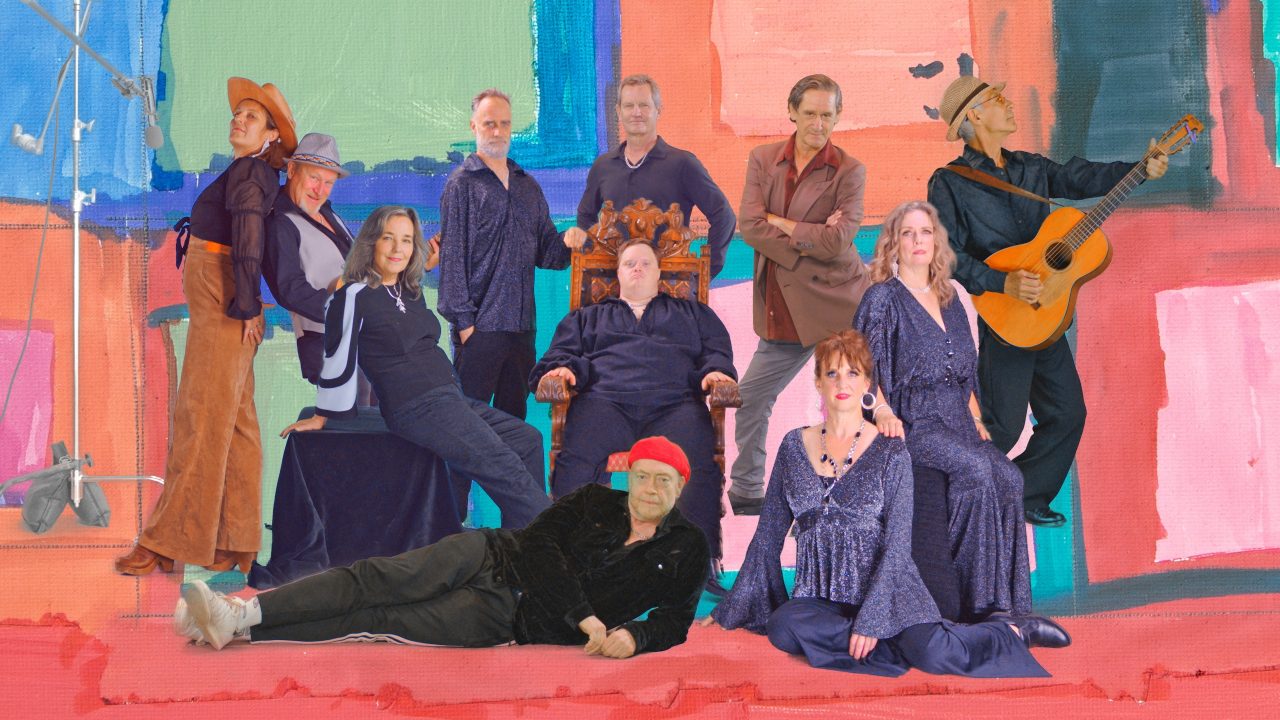

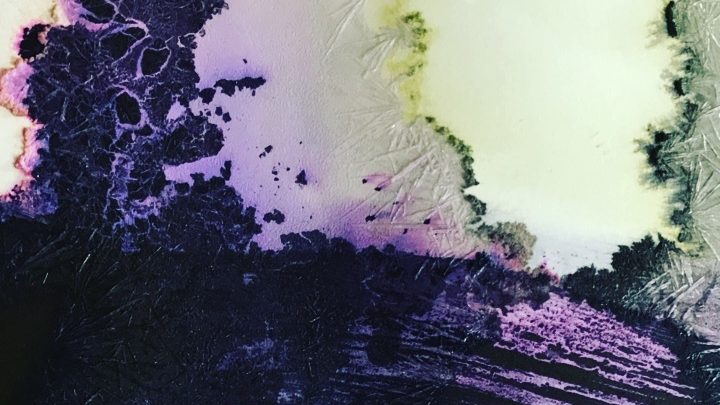
The negatism of people providing feedback, is petty and disappointing .For some reason you are missing the big picture. Do you not see the courage, intelligence, devotion of these scientists? They are ordinary people wanting some control , creativity over their lives, rather than be dictated by multinational companies? Bravo to their vision, never give up! We all need a cause, a purpose – the what, then the how. Ecestentialist Viktor Frankl would be proud!
It is always nice to see new, old, ideas tried out. Are the gardeners still working their plot ?
All I can see is the use of cast-offs of the dump, What if there is no dump, Who discards lumber? Do I see plastic on the fishing pool? Is that steel or plastic for the rabbit cages?
Well, All I see is someone using the stuff someone else threw away. In the end all I get from the experiment is that they can sustain themselves because other people have too much
what is the deal with the kids in the back of a pick-up…. totally irresponsible…
My definition if “irresponsible” includes adults who plunk their children in front of a TV screen, computer or video game from a very early age, and then wonder why those same children are obese, physically weak and disconnected from the Natural environment. These same children grow up ignorant of risk, so that they always have to be protected, even into adulthood.
I found this interesting in that it was filmed many years ago — I would like to hear more and find out what the country-wide research showed. It is absolutely clear that organic gardening, combined with what has been learned about storage and longevity for off-season use harvested of products that the life style of these experimenters is completely sustainable. Clearly it is not for everyone since it calls for focus, concentratin and ongoing interest. I am sure these gardeners are disinterested in the opinion of naysayers and had heard it all…
Very interesting, and historic. An updated film on the New Alchemists would be worthwhile.
Give me robot built everything and I’m good with that!
This may all be great, but how do you feed the masses of people on this earth by this process? Yeah, a few individuals can do this with great success. Also notice they are driving an old pickup truck, does it pollute more than today’s modern vehicles? I don’t think so, it burns the same gasoline as today vehicles. And gasoline today burns really clean, it doesn’t even foul up the spark plugs like it did many years ago. So much for the B.S. from the Alchemists.
It is very tiring to read yet another hard-line denier.The future will require individual effort to feed oneself or go broke and still be hungry. Its easy to pooh-pooh this film from 1973. I remember people wanting to be self-sufficient, responsible and organic. These qualities are still inspiring folks today, particularly youth, as their future is looking pretty tough. About the truck, its too easy to criticize that from 43 years ago. In 2016, we now know the end of the petroleum era is rapidly closing. Other than lead-free gasoline, gasoline still produces carbon pollution, despite ones spark plugs. So much for the B.S. from the head-in-the-sand Deniers.